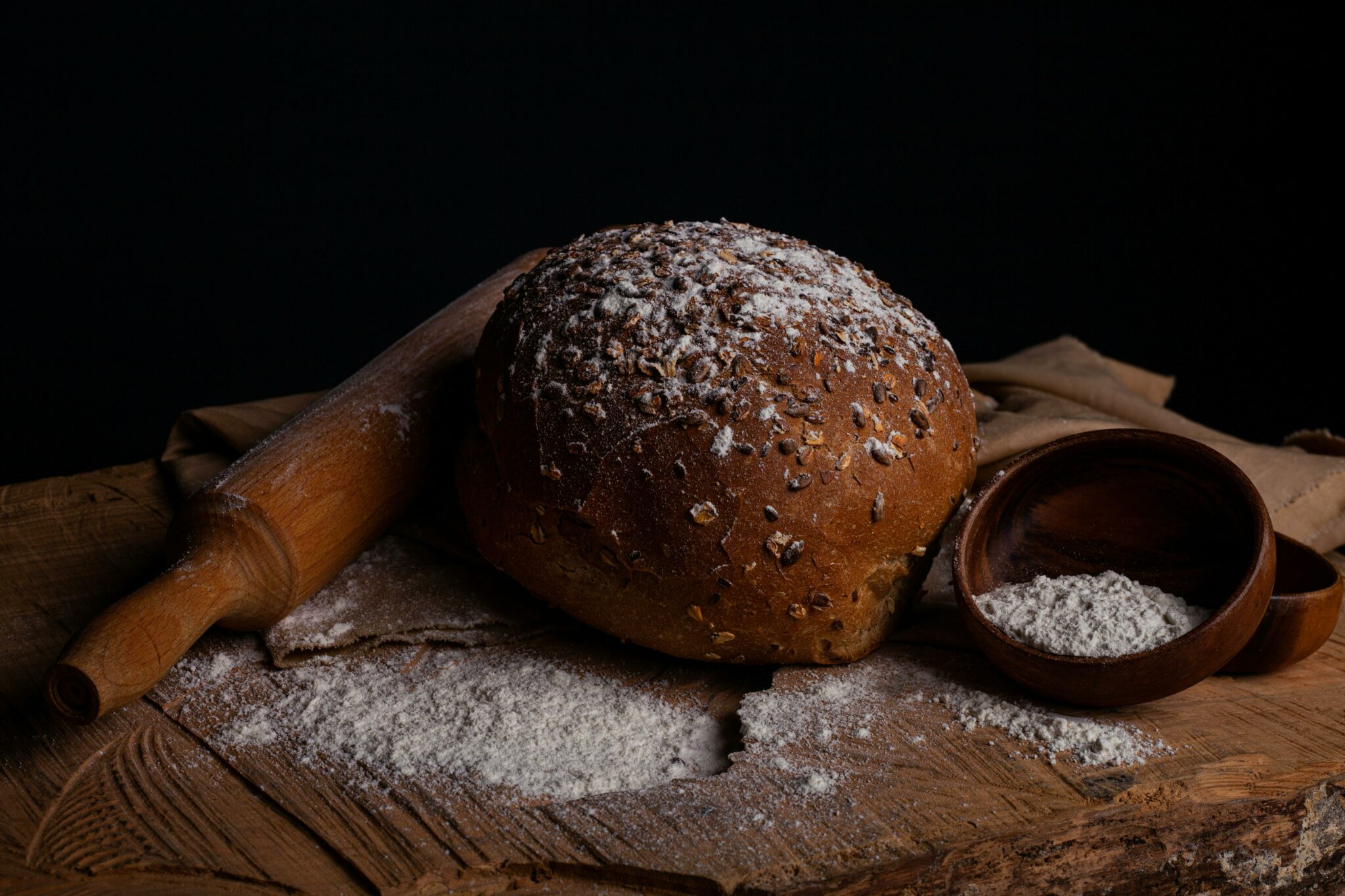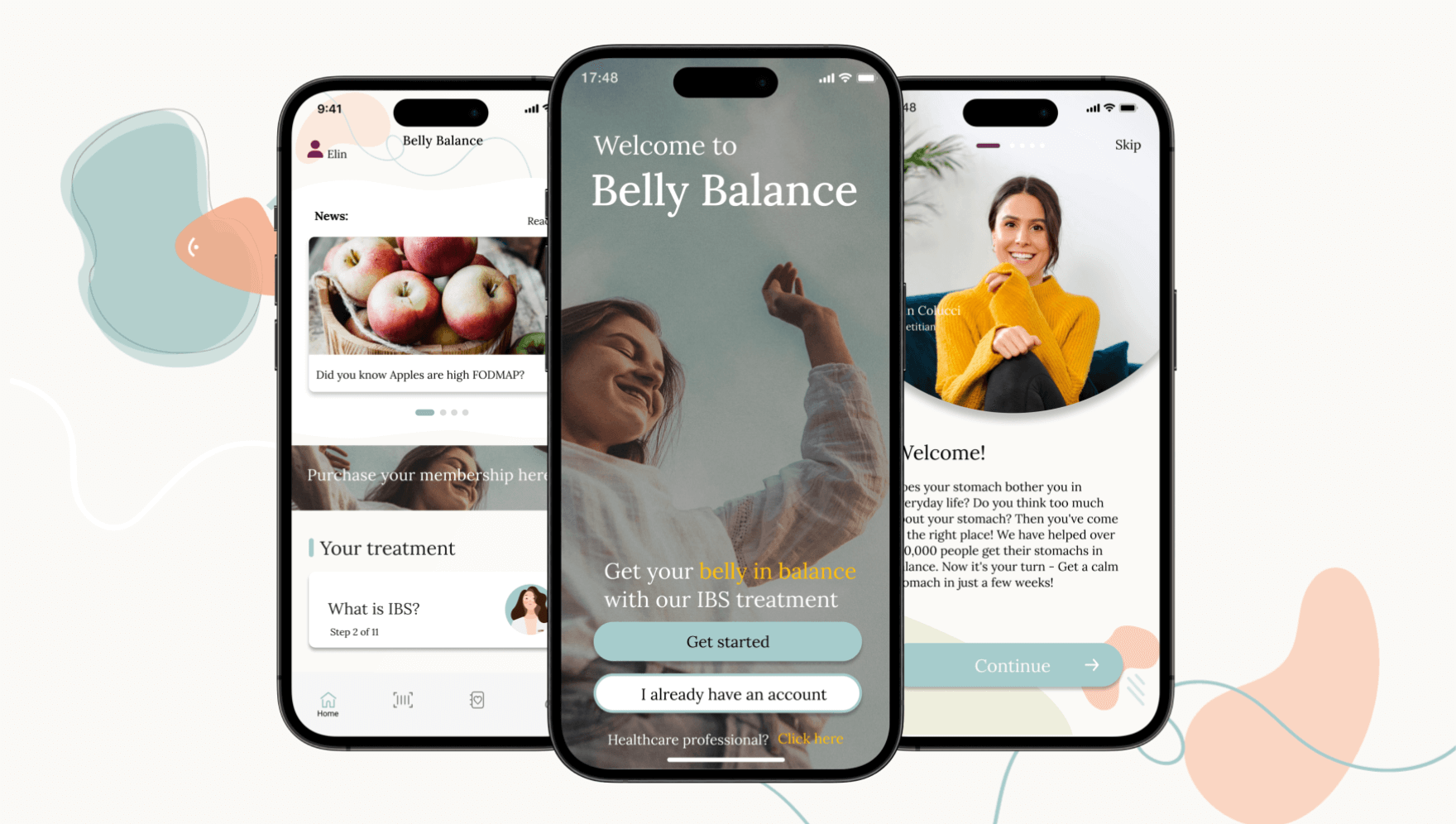
Whole grains and IBS
Whole grains are increasingly recognized as a key ingredient for a long and healthy life. They protect us from diseases such as colorectal cancer, diabetes, and obesity. Despite this, 9 out of 10 Swedes do not consume the recommended amount of whole grains. So, how do whole grains relate to IBS?
According to a major study in The Lancet, people who consume a lot of fiber tend to stay healthier and live longer. The right type of fiber is good for the gut and can help with constipation, which we discuss in our article about fiber and IBS. The study found that those who consumed the least dietary fiber had a higher risk of premature death from heart disease, stroke, type 2 diabetes, and colorectal cancer, with the risk reduced by 15 to 30 percent in those who ate the most fiber. Similarly, the risk of premature death from any cause decreased by the same percentage. Despite the clear benefits of fiber, studies show that only 1 in 10 Swedes consumes enough whole grains. There is certainly room for improvement in this area!
Can I eat whole grains if I have IBS?
Whole grains mean that the entire grain is used, including the outer layers. This is where FODMAPs, such as oligosaccharides, are found, and these can be troublesome for an IBS . Therefore, it’s important to choose the right types of whole grains that contain a smaller amount of oligosaccharides. Since whole grains positively impact health, it’s crucial to focus on increasing intake. When following the FODMAP diet, reintroducing whole grains is a key step to see if your stomach can tolerate products made from rye, barley, and wheat. For those on the FODMAP diet, here are some additional good sources of whole grains that are less likely to cause digestive issues:
- Whole grain rice – red, black
- Whole grain spelt – after the elimination phase, you can try reintroducing it, enrich pancakes, etc.
- Wheat bran – add to oatmeal, muesli, or use when baking bread.
- Whole grain oat flour – mix into baking for a sweet, nutty flavor.
- Sorghum – use in gluten-free bread.
- Millet – use instead of rice.
- Popcorn – yes, popcorn has a lot of fiber. It’s also gentle on the stomach and low in calories.
Be sure to include some of these foods in your daily diet to make significant progress. Gut bacteria love whole grains and will thank you by producing nutrients and feel-good hormones
Belly Balance digital treatment
In the Belly Balance app, you can log symptoms, keep a food diary, scan products, find FODMAP lists, and much more to help you manage your IBS.
Sofia Antonsson
Reg. Dietitian Belly Balance
Read more about

IBS - What is it?
Bloated , constipated or having a gassy stomach? IBS or Irritable Bowel Syndrome is a functional gastrointestinal disorder, meaning no physical issues can be found in the stomach or intestines; they just don’t function quite as they should.

How the app works
Download the app and become part of our community. We assist you in achieving a calm and happy stomach through treatment and tools available directly in the app.

About FODMAP
By learning which foods upset your stomach, you can make conscious choices and get quick symptom relief. With the low FODMAP diet, you receive structured assistance in understanding which foods your body tolerates better than others. No more guessing and pondering – you get the answer straight away!

